Research Units
View by Faculty Member or Research Unit
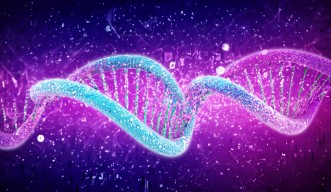
Algorithms for Ecological and Evolutionary Genomics
The Algorithms for Ecological and Evolutionary Genomics Unit develops computer algorithms for core problems in genomics to study the genomes of every extant species on our planet.

Gene Myers
Professor (Adjunct)
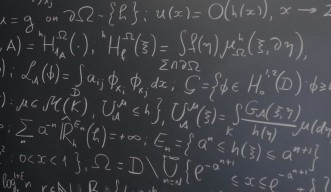
Analysis and Partial Differential Equations Unit
The mission of the Analysis and PDE unit is to reveal and analyze the mathematical principles reflecting natural phenomena expressed by partial differential equations and advance the boundar...

Ugur Abdulla
Professor
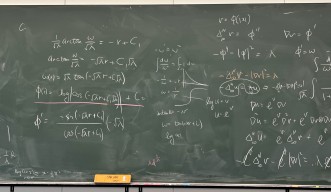
Analysis on Metric Spaces Unit
Analysis on Metric Spaces Unit explores analytic and geometric problems arising in diverse spaces, especially those with no priori smooth structures. Our research focuses on partial diff...

Xiaodan Zhou
Assistant Professor
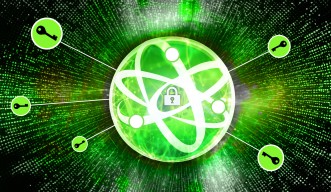
Applied Cryptography Unit
The Applied Cryptography Unit investigates the design and analysis of modern cryptographic primitives and schemes used to protect the confidentiality and integrity of data – at rest, being communicated or computed upon – both in the classical and the quantum settings. Particular areas of interest include the design and analysis of quantum / post-quantum cryptography schemes, the algebraic cryptanalysis of symmetric and asymmetric key algorithms, as well as the design and analysis of primitives for privacy-preserving cryptographic mechanisms.

Carlos Cid
Professor (Adjunct)
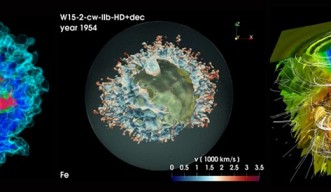
Astrophysical Big Bang Group
Our group focuses on unveiling lots of mysteries surrounding astrophysical explosive phenomena such as supernovae (SNe) and gamma-ray bursts (GRBs). SNe and GRBs are the most powerful explosions in the universe, yet very little is known about their explosion mechanisms. These astrophysical big bangs fascinate us with their unknown physics and puzzling astronomical phenomena such as gravitational waves, neutrinos, nucleosynthesis, non-equilibrium ionization, ultra-high-energy cosmic rays. Through our theoretical and computational approaches, we strive to reveal the complete pictures of these explosions and provide the-state-of-the-art physical interpretations for current, cutting-edge observations and useful predictions for future observations by next-generation astronomical observatories.

Shigehiro Nagataki
External Professor
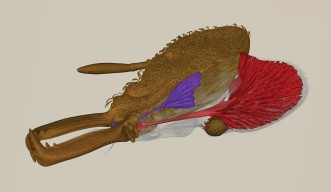
Biodiversity and Biocomplexity Unit
The Biodiversity and Biocomplexity Unit explores how ecological and evolutionary processes generate and sustain biodiversity, and how those processes are being altered by human activities.

Evan P. Economo
Professor (Adjunct)
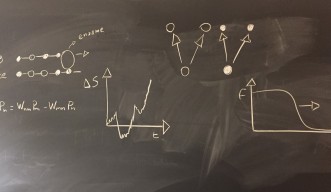
Biological Complexity Unit
The Biological Complexity Unit studies how biophysical systems, ranging from subcellular circuits to cellular populations, can function despite being subject to random fluctuations.

Simone Pigolotti
Professor

Biological Design Unit
The Biological Design Unit investigates what determines biological forms by untangling the evolution of structural functions and organismal development in the changing climate.

Naomi Nakayama
Professor (Transitional)
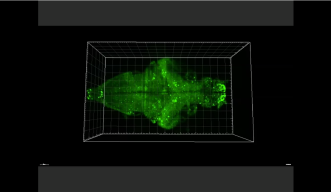
Biological Nonlinear Dynamics Data Science Unit
The biological nonlinear dynamics data science unit investigates complex systems explicitly taking into account the role of time. We do this by instead of averaging occurrences using their statistics, we treat observations as frames of a movie and if patterns reoccur then we can use their behaviors in the past to predict their future. In most cases the systems that we study are part of complex networks of interactions and cover multiple scales. These include but are not limited to systems neuroscience, gene expression, posttranscriptional regulatory processes, to ecology, but also include societal and economic systems that have complex interdependencies. The processes that we are most interested in are those where the data has a particular geometry known as low dimensional manifolds. These are geometrical objects generated from embeddings of data that allows us to predict their future behaviors, investigate causal relationships, find if a system is becoming unstable, find early warning signs of critical transitions or catastrophes and more. Our computational approaches are based on tools that have their origin in the generalized Takens theorem, and are collectively known as empirical dynamic modeling (EDM). As a lab we are both a wet and dry lab where we design wet lab experiments that maximize the capabilities of our mathematical methods. The results from this data driven science approach then allows us to generate mechanistic hypotheses that can be again tested experimentally for empirical confirmation. This approach merges traditional hypothesis driven science and the more modern Data driven science approaches into a single virtuous cycle of discovery.

Gerald Pao
Assistant Professor
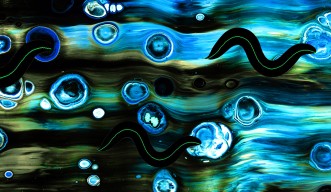
Biological Physics Theory Unit
While physicists have long searched for universal laws that explain the nature of matter and energy, until recently the complexity of biological systems proved daunting. The Biological Physi...

Greg J Stephens
Associate Professor (Adjunct)
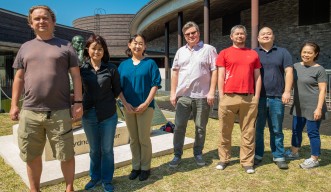
Biological Systems Unit
The Biological Systems Unit is working on devices in which microorganisms break down waste, releasing energy in the process. Key Okinawan industries such as awamori distilleries, pig and chi...

Igor Goryanin
Professor (Adjunct)
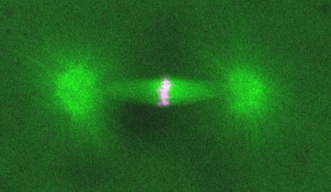
Cell Division Dynamics Unit
The Cell Division Dynamics Unit studies the mechanisms of chromosome segregation and cell fate determination during mitosis with a focus on mitotic spindle assembly and positioning in cultured human cells and Medaka embryos.

Tomomi Kiyomitsu
Assistant Professor
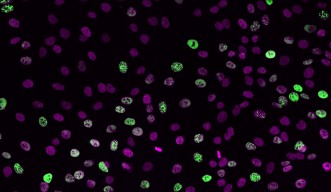
Cell Proliferation and Gene Editing Unit
Every day, millions of cells in our body divide to maintain essential tissue functions. Errors in cell division can lead to developmental disorders or cancer. The research of the unit is focused on molecular mechanisms of cell divison and quality control in normal and cancer cells to understand tumor-suppressive mechanisms and identify biomarkers that confer a cancer-specific vulnerability to chemical drugs. The unit combines high throughput imaging, gene editing and genome wide screens to open new avenues for therapeutic development.

Franz Meitinger
Assistant Professor
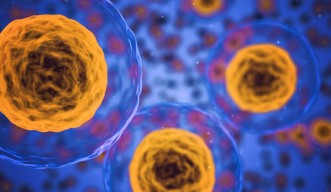
Cell Signal Unit
Using a mouse model, the Cell Signal Unit explores the cause of various diseases that include cancer, neuronal disorders, immunological diseases, and diabetes/obesity at the molecular level....

Tadashi Yamamoto
Professor
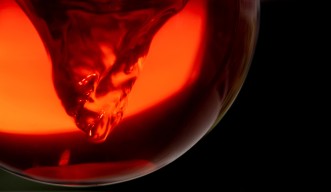
Chemistry and Chemical Bioengineering Unit
The Chemistry and Chemical Bioengineering Unit develops methods and strategies for the construction of organic molecules that contribute to biomedical research and drug discovery.

Fujie Tanaka
Professor
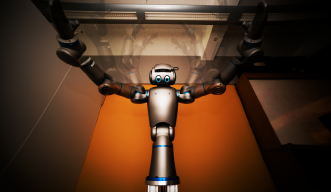
Cognitive Neurorobotics Research Unit
The Cognitive Neurorobotics Research Unit is dedicated to investigating the principles of embodied cognition by conducting experimental studies in synthetic neurorobotics. The primary goals of our research are to understand:on how innate structures can be leveraged to develop cognitive constructs through iterative but limited behavioral experiences; how primary intersubjectivity in social cognition can be formed through enactive and contextual interactions with others; and how subjective experiences such as consciousness and free will can be scientifically and phenomenologically explained. In addition, our developmental neurorobotics approach is intended to uncover the underlying mechanisms of neurodevelopmental disorders, such as schizophrenia and autism. Through these researches, we can expect to deepen our ontological understanding of human beings, rather than simply creating another smart machine-learning robot.

Jun Tani
Professor

Collective Dynamics and Quantum Transport
Collective Dynamics and Quantum Transport Unit explores dynamical and transport phenomena in various quantum matters and their spintronic, electronic, and quantum-information applications.

Shu Zhang
Assistant Professor (Transitional)

Complex Fluids and Flows Unit
We study multiscale and multiphysics problems related to fluid dynamics by numerical simulations. Our research is focused on turbulence, non-Newtonian fluids and multiphase flows.

Marco Edoardo Rosti
Assistant Professor





